Russia plans licensing rounds for several hundred offshore and onshore oil blocs to both local and foreign firms to stem slowing crude production growth and boost reserve replacement rates, a senior official said on Wednesday. Anatoly Ledovskikh, head of the Federal Subsoils Use agency said Russia's government was worried that Russian oil production was not growing as fast as earlier this decade and reserve replacement among Russian oil firms was less than 100 percent.
"In the last 15 years the distinct trend of reserve growth rates lagging behind production levels has become evident. This is mainly due to inadequate exploration activity," Ledovskikh told a conference in Paris organised by the Energy Exchange.
Ledovskikh said that in 2004 oil reserves grew by less than 240 million tonnes (1.7 billion barrels) while 458 million tonnes was produced. Similarly gas reserves grew by 582 million cubic metres while production was 592 million cubic metres.
"The main task is to reverse this trend by 2010," he said.
"Current levels of exploration investment are inadequate and should at least double. We must substantially increase the number of sites offered to private companies in the most attractive areas."
Analysts are concerned Russia's crude production, which has soared by 50 percent since 1999, appears to be tapering off just when spare capacity elsewhere is also tight and demand booming. Output growth has been more or less flat since last December.
International majors, struggling to replace reserves globally, are dismayed by the Kremlin's efforts to tighten control over Russia's oil industry, and its proposal to bar foreign companies from some of the most attractive assets.
They say that without their expertise and capital, progress on new exploration and drilling may be slower.
Ledovskikh said the issue had been blown out of proportion, adding there would ultimately be very few projects off limit to foreign firms. They would be welcome to participate in the 270 licensing blocs that will be up for grabs this year, he added.
"There is as yet no concrete and complete list of projects from which foreign investors will be barred," he told reporters. "So far there are four or five projects including a gold deposit and a copper mine. I do not think there will be a full list until after the new subsoils law is passed by the parliament."
"It may be a desirable option to go in with a Russian partner but in most cases it will not be compulsory," he added.
"There may be some projects that will be considered strategic. Decisions will be taken on them individually. License auctions for some sites that we had doubts about such as Trebs and Titov (fields) have simply been postponed until there is more clarity."
Ledovskikh said the new area of focus would be Eastern Siberia, a largely unexplored oil province that he said could ultimately yield over 50 million tonnes and 60 billion cubic metres of gas a year.
The agency plans to auction over 200 East Siberian sites, with licenses for 30 projects to be awarded by the end of 2005.
"This will create a new direction of export supplies to satisfy the demand of the Asia Pacific region," Ledovskikh said.
Eastern Siberia is seen as the main source of oil to feed a planned $10 billion pipeline that will run to Russia's Pacific shores to tap into markets in Japan, China, Korea and the US West coast. Most of Russia's production of over nine million bpd comes from Western Siberian fields.
Ledovskikh said licensing rounds would also be held for offshore and onshore blocs in north-western Russia.
"A similar programme will be worked out for the north-west of Russia by the end of 2005, aimed at creating a new large oil and gas production centre," he said. "The shelf and Eastern Siberia are the last large promising regions in Russia."
BR100
15,076
Increased By
16.8 (0.11%)
BR30
43,201
Increased By
269.8 (0.63%)
KSE100
148,709
Decreased By
-106.3 (-0.07%)
KSE30
45,153
Decreased By
-53.7 (-0.12%)


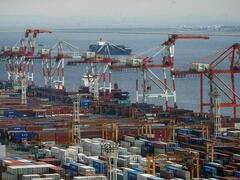


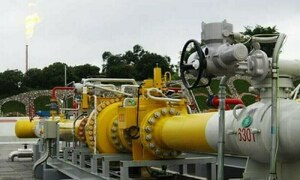

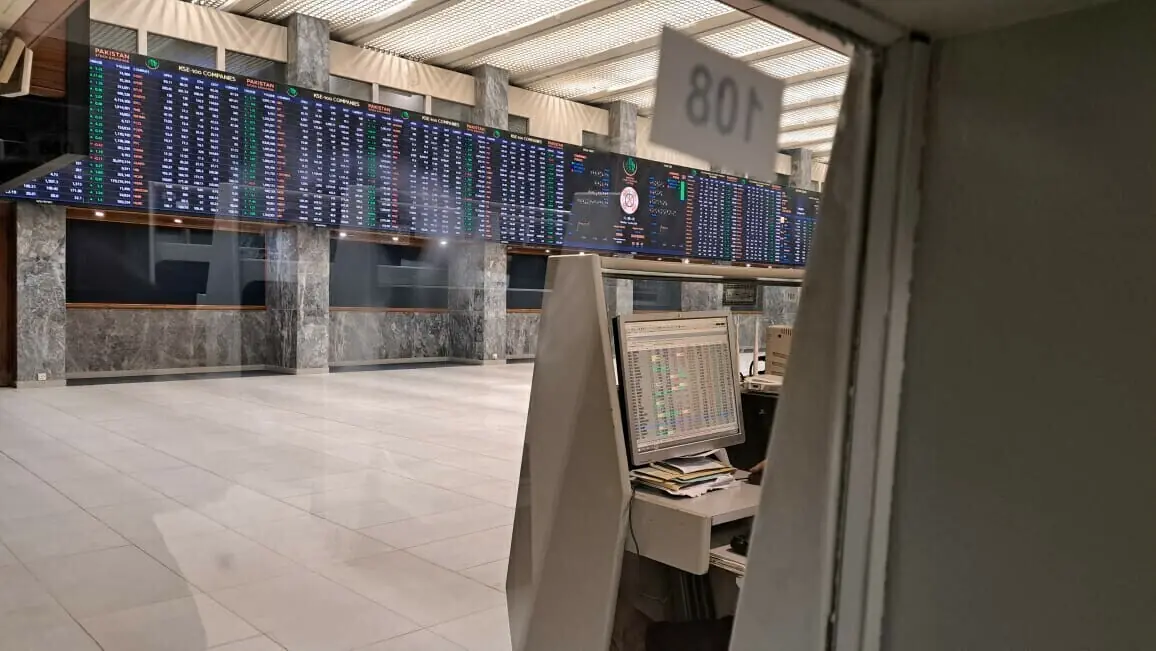
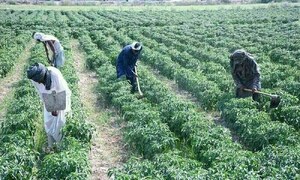




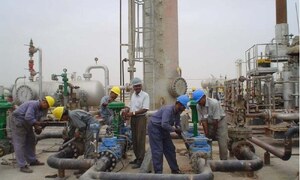
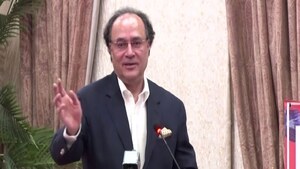
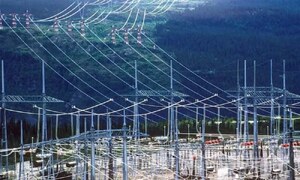

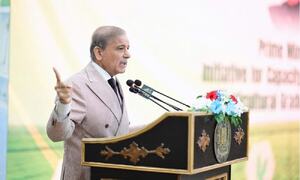



Comments
Comments are closed.